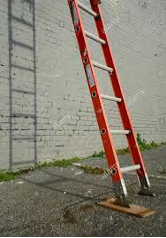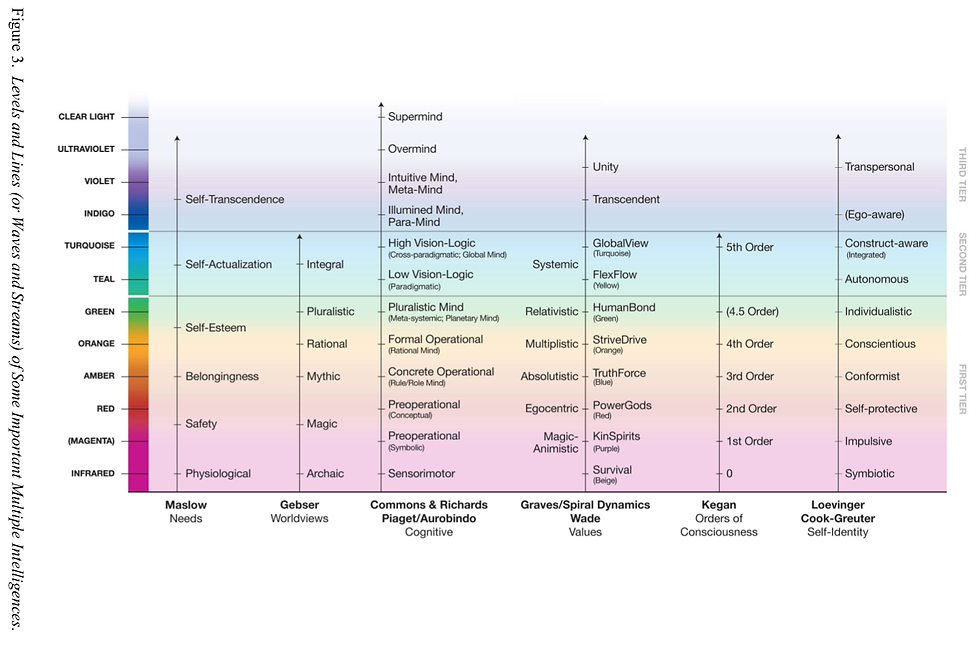Changing My Habits (Pt. 2)
- ferruccijess

- Nov 18, 2020
- 4 min read
As I finished reading Part One of The 7 Habits of Highly Effective People and began Part Two, the feelings of trepidation began to slowly go away. Now, I was hooked. What could the 7 Habits be? And what should I be doing to change my life? Covey had some wise words to help me in the next chunk of his book.
Envisioning Yourself
The first habit is to be proactive. However, before getting to that Covey has you do an exercise where you look away from yourself and try to envision yourself reading his book. This exercise was used to help make you more self-aware, and try to figure out what your thoughts and feelings are. Apparently, this ability to separate yourself is what makes you human. Covey brings up the excellent point that “we are not our thoughts. We are not our feelings. We are not even our moods”(75).

Mirror, Mirror
When looking in a mirror, we tend to pick out our flaws. Other people do the same thing. When we are late, or when we are mean, or when we eat too much, others only see the specific action of what we are doing. They don’t see the truth, simply a reflection of what they perceive. These perceptions are not accurate, but they project concerns and character weaknesses of themselves onto you. These assumptions do not define you.
Mapping It Out
In his book, Covey defines three different social maps.
1. Genetic determinism: your grandparents did it to you. It’s simply in your DNA.
2. Psychic determinism: Your parents did it to you. The experiences you had as a child and your upbringing are the cause.
3. Environmental determinism: Your environment did it to you. Someone or something is the reasoning for your situation.
Activity Levels
When working out, there are different levels of activity, like moderate, light, and frequent. However, depending on the self, there are only activity levels. There is proactivity, which is when we have the initiative and the responsibility to make something happen. This would be taking control of your situation, instead of letting it control you.
For example, when the weather is bad out, many people let it control their emotions. They take the dreary day and let it ruin their day. This is the opposite, being reactive. A proactive person takes the rain, and jumps in the puddles instead. A reactive person is affected by their social environment as well, taking the hits that society gives them, and taking them personally. They become defensive and protective of their actions.
Mind the End
The second habit is very important to your success as a highly effective person. You must know where to begin, at the end. When you first begin to come up with a plan, you must figure out what your end goal is. Covey says “start with a clear understanding of your destination”(105).
If you don’t know where you want to end up, any victories along the way will be fruitless, as if you were climbing a ladder pushed against the wrong wall.
Measure Twice, Cut Once

There are two different creations of something, the physical and the mental. When sitting down to make a plan, the carpenter must first create a blueprint of what he wants to create. Then, he must measure the wood. If he doesn’t measure first, there will be inconsistencies that make him unable to create the product as he wanted it to be. It would waste wood, and time, and ultimately waste more time than simply cutting it only once.
Similarly, with your actions, you should think about them before you do them. That way, when you transfer it from the mental blueprint to the physical manifestation, it will be exactly as planned in the first place.
Mission Control
In The 7 Habits of Highly Effective People, Covey brings up the idea of a personal mission statement. This defines what you want out of your life. It is your personal philosophy, or creed, and focuses on the character you want to be. It also defines the values you wish to adopt into your life.
To write one, you must first find the Circle of Influence, which is made up of our most basic paradigms. The way that we see the world at the core doesn’t change, although the world is always adapting and growing. To do the same, you must have a set of basic principles to live by.
These are tied to four major factors:
1. Security. Security is your sense of worth and your self-esteem. Your sense of worth is your identity, it is how you portray yourself and how you view yourself.
2. Guidance. Guidance is your sense of direction in life. As you cannot always have a compass, you must be able to have a moral compass in your heart to point you in the directions you choose.
3. Wisdom. Wisdom is your perspective and balance in life. It enables you to make a fair decision and understanding of how the pieces all fit together.
4. Power. Power is your ability to act, and the energy fueling your decisions.
With these four things, you will be able to write your own creed as well as a blueprint for how you wish to live your life as a highly effective person.
At the Center
For every person, there is a center for which their decisions are based off of. Many people are rooted in money, striving to have the most money or to have the best things that money could buy. Others are centered around pleasure, work, family, church, friends, and self. These things are important to living an efficient life, however if one is rooted only in one it alters the balance of the self.
Covey has a lot of great lessons packed into the second part of The 7 Habits of Highly Effective People. There are so many more that lie within the pages. Although I am still a little scared of what’s to come in the next part, I’m no longer anxious about what lurks within the pages. We’re down to 183 pages left, stay tuned for Part Three of my journey to become more efficient.







Comments